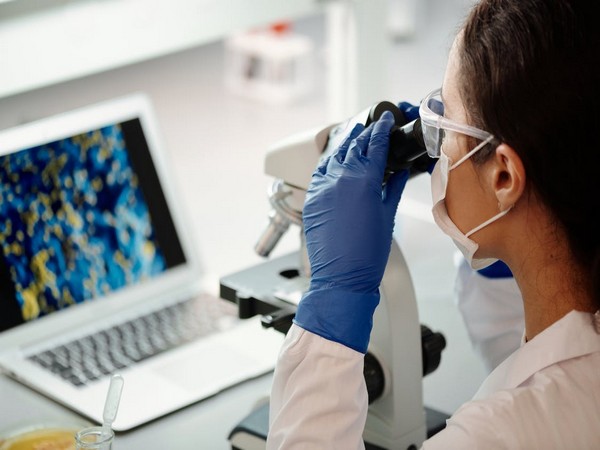New Technique Enhances Early Detection of Pancreatic Cancer
A recent study published in Angewandte Chemie introduces a novel diagnostic method that significantly improves the early detection of pancreatic cancer by targeting specific antibodies in blood samples.

- Country:
- United States
A recent breakthrough in pancreatic cancer detection has been reported by a research team in the journal Angewandte Chemie. The new diagnostic method focuses on identifying specific antibodies in blood samples, aiming to address the limitations of current ambiguous and insensitive markers.
The study highlights the use of autoantibodies against tumor-associated mucin-1 (TA-MUC1), a protein found in elevated levels in pancreatic cancer. By designing synthetic glycopeptides that mimic different segments of TA-MUC1, the researchers successfully created effective serological assays validated against real patient samples.
Notably, the smaller glycopeptide antigens provided better results, offering a promising approach for early diagnosis. This structure-based method could significantly aid in the selection of highly specific autoantibody subgroups, potentially revolutionizing pancreatic cancer diagnostics.
(With inputs from agencies.)










